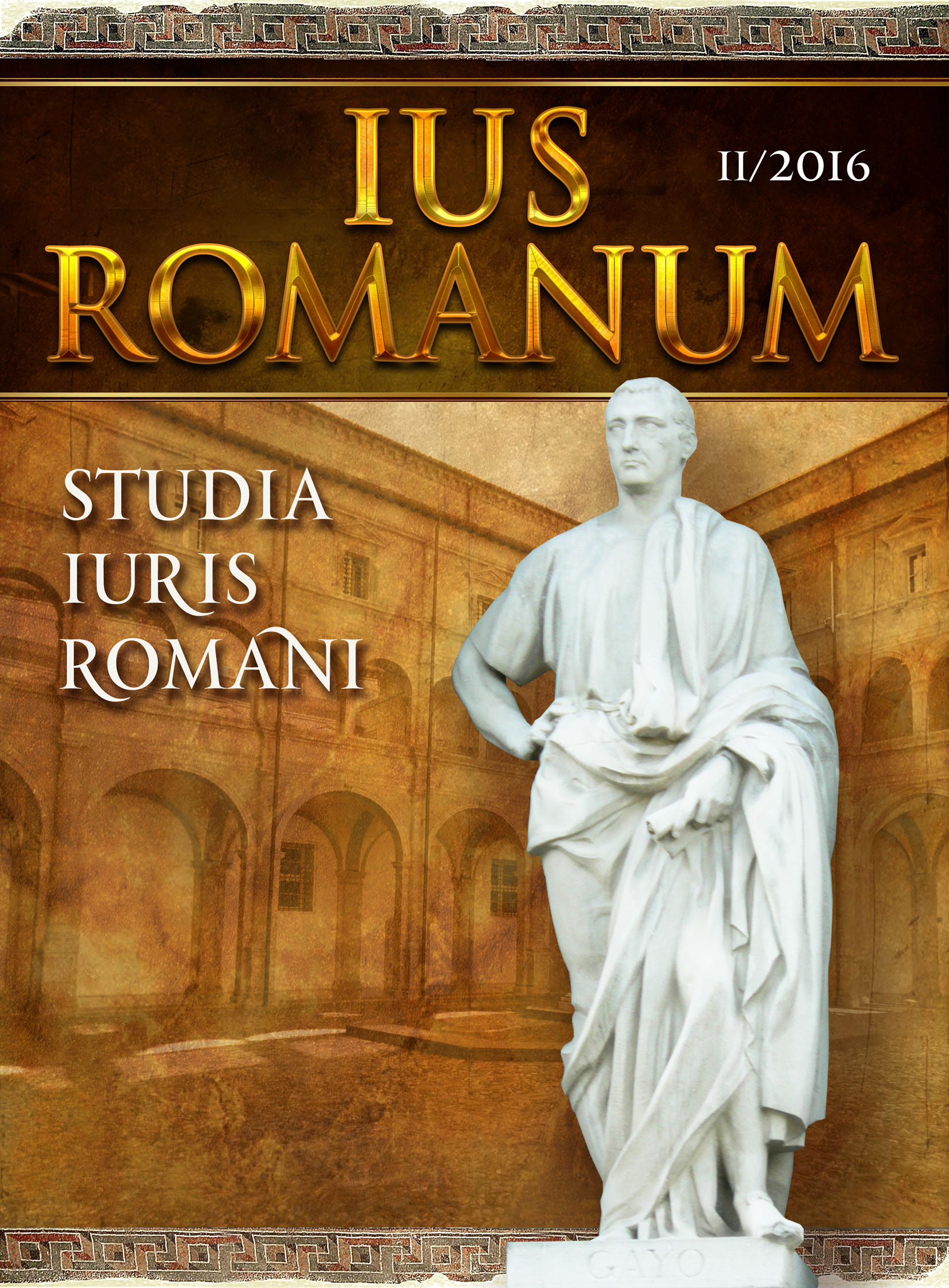ИЗУЧАВАНЕТО НА ИНСТИТУТА НА ПУБЛИКАНИТЕ – ПРИМЕР ЗА ОБВЪРЗВАНЕ НА ОБЩЕСТВЕНО-ИКОНОМИЧЕСКАТА ИСТОРИЯ С ПРАВНОТО РЕГУЛИРАНЕ
STUDY OF INSTITUTE OF PUBLICANS – EXAMPLE FOR BOUNDING OF SOCIO-ECONOMIC HISTORY AND LEGAL REGULATION
Author(s): Stoyan P. IvanovSubject(s): Law, Constitution, Jurisprudence, History of Law, Constitutional Law, Civil Law, Human Rights and Humanitarian Law, EU-Legislation
Published by: Софийски университет »Св. Климент Охридски«
Keywords: Publicani; study; socio-economic history; Ancient Rome; public-private partnership;
Summary/Abstract: This article attempts to review the political and economic problems that have arisen as a result of the rapid expansion of the Roman state at the end of the Republic. As a consequence of the Roman expansionist policy and the conquest of the entire Mediterranean Basin and the Middle East, there was an apparent need to modernize and optimize the legal framework regulating the decentralization of the public finances in the context of the already changed socio-economic realities. With the immense flow of funds into the treasury, the Roman state finds itself in a practical inability to deal with the spending of public money. In the absence of sufficient administration and effective state structures at local level in the remote provinces, there is a need for the assignation of private-sector entities with public functions. In Rome more than 2,200 years ago, the concept of the so-called public-private partnership was established and actively implemented, namely the existence of a public partner (the state) on the one hand and one or more private partners on the other hand, to carry out an activity of public interest in achieving better value of the public funds invested and in the same time with a distribution of risks among the partners. The State grants private individuals the right to carry out certain public activities such as a tax collection, mining operations, goods supply, public work contracts and the maintenance of public buildings. This is how emerged the class of the publicans, called in this way precisely in connection with the public functions they perform for the Roman state. Thus, the populus Romanus is actively involved in state governance through this particular category of private entities primarily originating from the class of the equites, because of the restrictions imposed on senators to participate in public auctions.
Journal: IUS ROMANUM
- Issue Year: 2016
- Issue No: 2
- Page Range: 537-558
- Page Count: 22
- Language: Bulgarian

